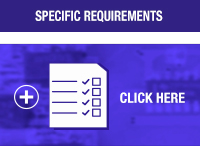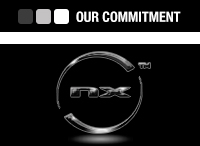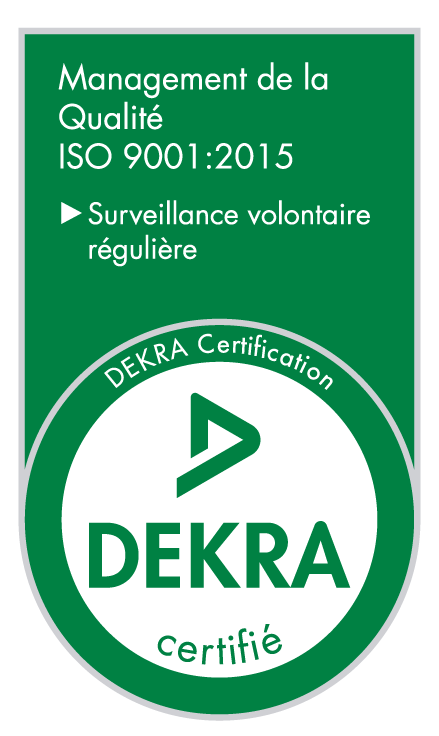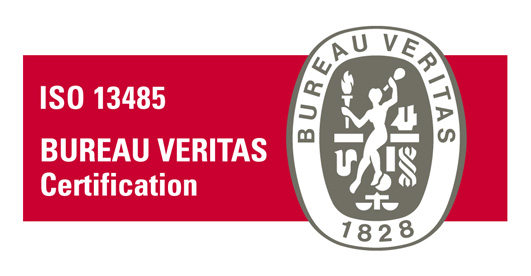Regulations
Enix Energies is ISO 9001 and ISO 14001 certified. We also conform to ATEX as well as WEEE and RoHS directives.
ISO 9001 and ISO 14001 certification
VDI Group, the group to which the Enix Energies brand belongs, received ISO 9001:2000 certification in February 2006. This certification serves as proof of the desire of each of the group’s employees to achieve the zero defects standard in order to provide the greatest possible customer satisfaction. This certification was renewed in 2014. These rigorous requirements are fundamental especially within the manufacturing and reselling arm of our business which deals with professions in the medical field.
VDI Group also obtained ISO 14001 certification in March 2011 for its entire business, namely for the distribution of batteries as well as the distribution of hygiene and security products. This step corresponds to the company’s strong, long-standing desire to commit to a sustainable development approach in order to manage its environmental footprint.
Enix Energies quickly ascertained the environmental, economic and operational issues present across all of its activities. For this reason, the group took the initiative to implement the following measures: set up its own system for collecting used batteries, take effective measures to reduce its environmental footprint, develop and offer its clients an environmentally friendly or “green” range of products and more.
Thanks to ISO 14001 certification, Enix Energies is strengthening its organisation and its management tools for better monitoring and improvement of its environmental performance.
Enix Energies also aims to become OHSAS 18001:2012 certified, so as to manage an integrated system concerned with quality, security and the environment.
ATEX Directive
ATEX compliance has been obligatory since 1 July 2003. All new equipment purchased from that date forward must bear the ATEX marking.
In addition to this marking, the following information must also be present:
The name and address of the manufacturer.
The number of the organisation that does the manufacturing checks.
The year of manufacture, the serial number and the product name.
The ATEX certificate number (with the name of the certifying organisation, the date of issue, the serial number, etc.).
The product’s operating temperature (if beyond –20°C or 40°C).
WEEE Directive
The WEEE Directive (Waste Electrical and Electronic Equipment) refers to waste materials from domestic electrical and electronic equipment as well as equipment which, although used for commercial ends or within organisations, is similar to domestic devices because of its nature and the distribution networks through which they are distributed.
Since 15 November 2006, resellers of domestic electric and electronic equipment have been required to inform their buyers of the visible contribution amount that the manufacturers have paid for each device placed on the market, which has already been passed on by the different buyers in the chain.
The Decree n°2005-829 of 20 July 2005 stipulates that producers (manufacturers, importers or distributors of private labels) must handle the collection and processing of selectively collected WEEE. To this end, they join an approved organisation which organises collection and processing. To finance their obligations, they contribute to this organisation per device placed on the market. The amount of this contribution which is paid per device is the visible contribution which is also called eco-contribution, eco-participation, environmental contribution or elimination cost. This amount is faithfully passed on in a visible way to the final consumer throughout a transitional period. The visible contribution is part of the total cost of the devices and not a tax.
RoHS Directive
The European RoHS Directive (2002/95/CE) of 27 January 2003 relates to the limitation of the use of certain dangerous substances in electrical and electronic devices.
Devices must not contain:
Lead (Pb)
Mercury (Hg)
Cadmium (Cd)
Hexavalent chromium (Cr (Vi))
Polybrominated biphenyls (PBB)
Polybrominated diphenyl ethers (PBDE).
The Technical Adaptation Committee (TAC) in accordance with the WEEE (relating to Waste Electrical and Electronic Equipment) and RoHS directives came to the conclusion in their meeting on 17 December 2003, that neither of the directives covered batteries.
Some of our suppliers, on their own initiatives, have stopped using lead-based brasing in favour of soldering tinned contacts (pre-soldered tabs). This is why all cylindrical lithium batteries with pre-soldered tabs must use lead free tinning.















